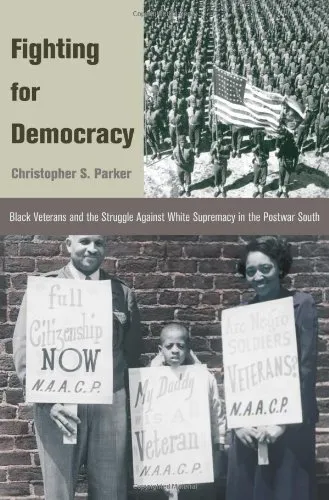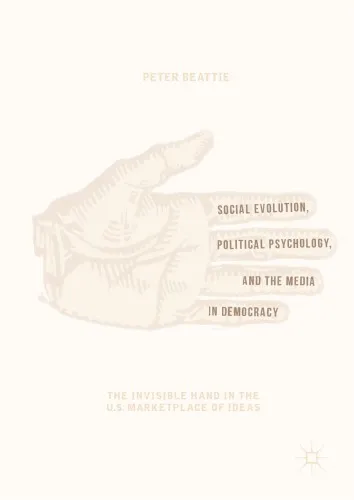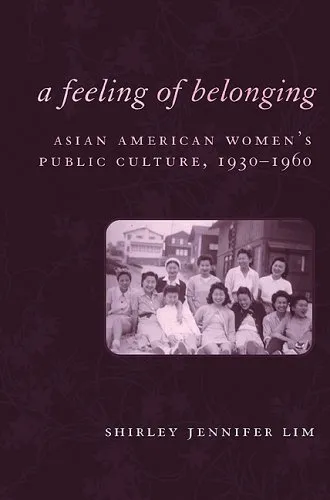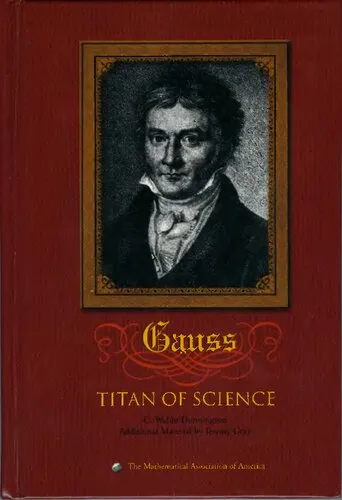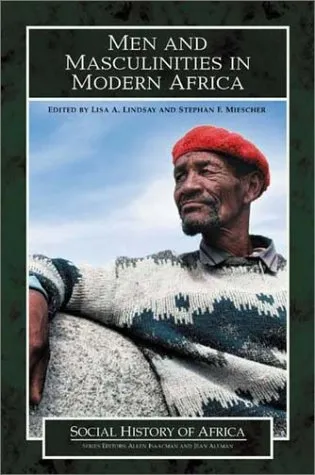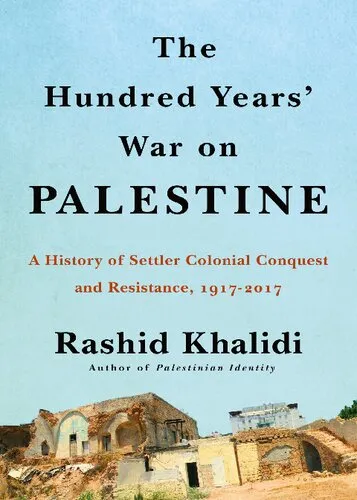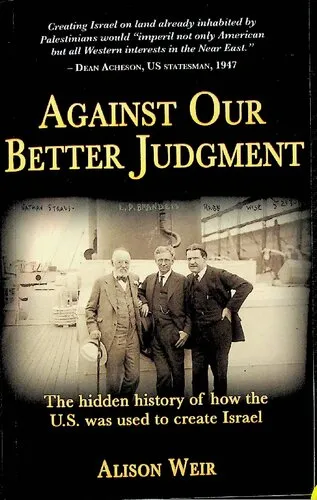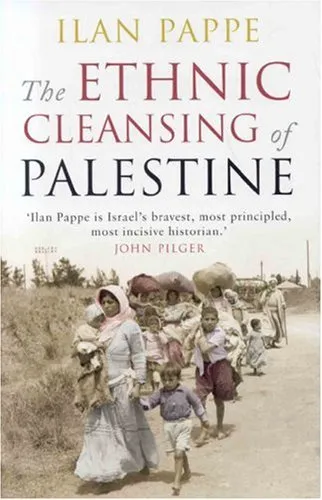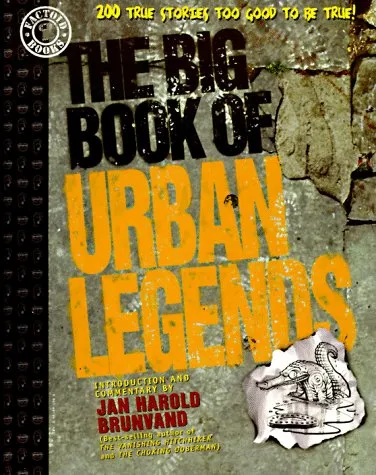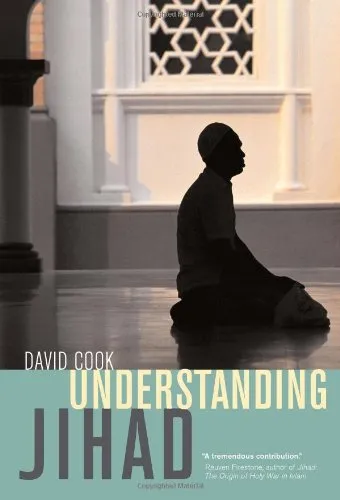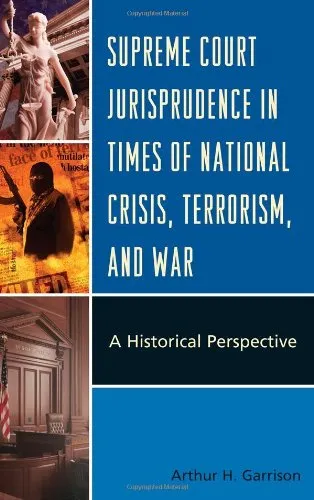Fighting for Democracy: Black Veterans and the Struggle Against White Supremacy in the Postwar South (Princeton Studies in American Politics: Historical, International, and Comparative Perspectives)
4.7
Reviews from our users

You Can Ask your questions from this book's AI after Login
Each download or ask from book AI costs 2 points. To earn more free points, please visit the Points Guide Page and complete some valuable actions.Related Refrences:
Introduction
Fighting for Democracy: Black Veterans and the Struggle Against White Supremacy in the Postwar South is a profound and meticulously researched examination of how Black veterans from World War II became pivotal figures in the broader civil rights struggle in America, especially in the South. Authored by Christopher S. Parker, this book offers an insightful analysis of the intersection of race, military service, and civic activism in a postwar context. Through robust qualitative and quantitative research, Parker unravels the role that Black veterans played in challenging entrenched white supremacy upon returning home. The narrative is both inspiring and sobering, illustrating how their belief in democratic ideals fueled their fight for justice in a nation that had long denied them full citizenship. This book examines how military service acted as a transformative experience that empowered veterans to confront systemic racism in ways that shaped America's trajectory toward equality.
Rooted in a broader historical and political framework, the book underscores the contradictions of a society that sent Black men to defend democracy overseas while denying them equality at home. Parker’s work shines a light on a critical yet underappreciated chapter of American history, making it an indispensable text for understanding both the civil rights movement and the contributions of Black veterans to the fabric of national identity.
Detailed Summary
The book explores the intertwined narratives of Black soldiers, their military service during World War II, and the postwar civil rights struggle. Parker argues that these veterans returned home with a heightened awareness of their rights and the courage to demand them. Their experiences on and off the battlefield exposed them to a world where justice and democracy were ideals worth fighting for—ideals starkly at odds with the discriminatory reality they faced in the South.
Parker breaks down the story into the broader structures of white supremacy and the systemic barriers embedded in Southern politics. He examines how service in the segregated ranks of the military paradoxically equipped Black veterans with leadership skills, organizational tactics, and a deepened investment in America's democratic principles. By focusing on grassroots activism, the book highlights how these veterans spearheaded local campaigns, protested voter suppression, and confronted physical violence, often at great personal risk.
Rich archival sources and interviews ground Parker's analysis, painting a vivid picture of individuals who were not only active participants in the civil rights struggle but also catalysts for collective action. The book weaves together personal stories, data-driven insights, and a critical lens on American hypocrisy, offering an account that is as rigorous as it is compelling.
Key Takeaways
- Black veterans played a transformative role in the civil rights movement by leveraging their military experiences to challenge racial oppression in the South.
- The contradictions between America's democratic ethos and the systemic racism faced by Black citizens created fertile ground for postwar activism.
- Military service served as a crucible for leadership, discipline, and resistance that defined these veterans’ postwar efforts for equality.
- Local, grassroots movements led by veterans were indispensable to the broader push for civil rights, effectively challenging white supremacy at the community level.
- The struggle for racial equality required immense courage and sacrifice from Black veterans, who faced not only systemic barriers but also acts of violence and intimidation.
Famous Quotes from the Book
"The battlefields of Europe and the Pacific taught Black veterans that the fight for freedom did not end with the war—it was just beginning back home."
"For many Black soldiers, the war provided a painful irony: shedding blood for a country that refused to acknowledge their humanity."
"Democracy, as the veterans understood it, was not an abstract ideal. It was their lived experience, a promise unfulfilled but worth fighting for."
Why This Book Matters
Fighting for Democracy is more than just a history book; it is a call to recognize and honor the sacrifices and contributions of Black veterans to the civil rights movement. By demonstrating how these individuals bridged their military service and civic activism, Parker reframes the narrative of postwar civil rights struggles, emphasizing the agency of ordinary people in extraordinary circumstances.
The book fills a critical gap in the historical and political discourse, offering fresh perspectives on the long civil rights movement while challenging us to rethink the notions of patriotism, service, and citizenship. Its insights resonate not only in academic circles but also for readers seeking to understand the enduring struggles for justice in America.
In an era marked by ongoing debates surrounding race and democracy, Parker’s work reminds us that progress often comes at great personal cost. It also highlights the enduring legacy of Black veterans who laid the groundwork for contemporary movements advocating equality and justice. Their fight for democracy reverberates through history, and this book is an essential guide to understanding their journey.
Free Direct Download
You Can Download this book after Login
Accessing books through legal platforms and public libraries not only supports the rights of authors and publishers but also contributes to the sustainability of reading culture. Before downloading, please take a moment to consider these options.
Find this book on other platforms:
WorldCat helps you find books in libraries worldwide.
See ratings, reviews, and discussions on Goodreads.
Find and buy rare or used books on AbeBooks.
1232
بازدید4.7
امتیاز0
نظر98%
رضایتReviews:
4.7
Based on 0 users review
Questions & Answers
Ask questions about this book or help others by answering
No questions yet. Be the first to ask!
